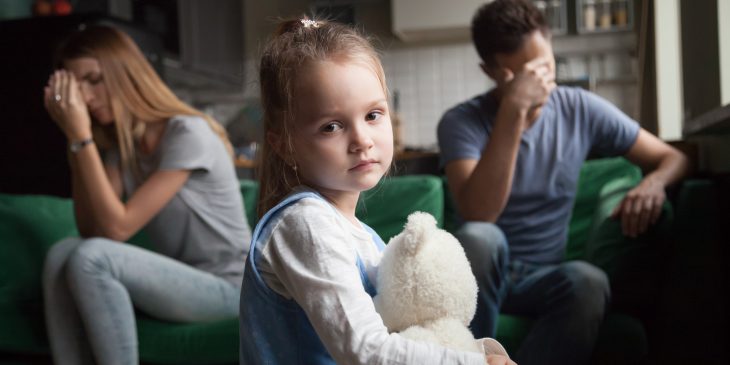The uncertainty of the past few months has taken a toll on everyone, with both COVID-19 and political tensions plaguing the nation. For children, it can be confusing, frightening and difficult to cope with.

Dr. Abigail Schlesinger
Dr. Abigail Schlesinger, chief of child and adolescent psychiatry and integrated care at UPMC Western Psychiatric Hospital and UPMC Children’s Hospital of Pittsburgh, offered advice on speaking to kids about these anxiety-inducing situations.
“If the adults in your household have different opinions about something in the news, let your children know you don’t have all the information yet,” suggests Schlesinger. “We know the pictures we see, whether or not we are scared by them and whether or not they bring up other memories, but we don’t always know the whole story.”
“Sometimes you may have to turn off the news when your kids are around and talk about other things, and that’s okay — especially if both parents aren’t on the same page with how they’re going to talk to their kids about what’s happening,” she added.
Many older kids have their own phones or social media accounts where they can find news updates. Schlesinger suggests monitoring which sources your kids seek information from.
“For older children who get news on their phones, ask them what sources they read. It is fine to encourage teenagers to seek out more news or data,” said Schlesinger. “You may want to turn off breaking news notifications on their phones so they can think through the questions they have rather than constantly having to process and respond to new information.”
Schlesinger recommends giving yourself and your children time to process what is going on in the world. Make sure to not only talk, but also to listen to the things children are saying, and check in to make sure you know how they are feeling.
“Try to point out any good things that happened in the news,” she said. “While your instinct may be to talk and share all the news, also take time to hear your children’s thoughts.”
Rather than assuming what a child’s questions are, you can ask these questions to facilitate the conversation:
• How are you doing?
• What’s going on?
• How did your day go?
• Do you have any questions about what’s going on?”
Additionally, try involving children in activities to take their minds elsewhere, like going for a walk or playing outside.
UPMC Western Psychiatric offers both in-person and video visit options for child and adolescent behavioral health visits. Call the UPMC Western Behavioral Health Child Services central call line at 412-235-5444, to seek treatment and guidance from staff.









